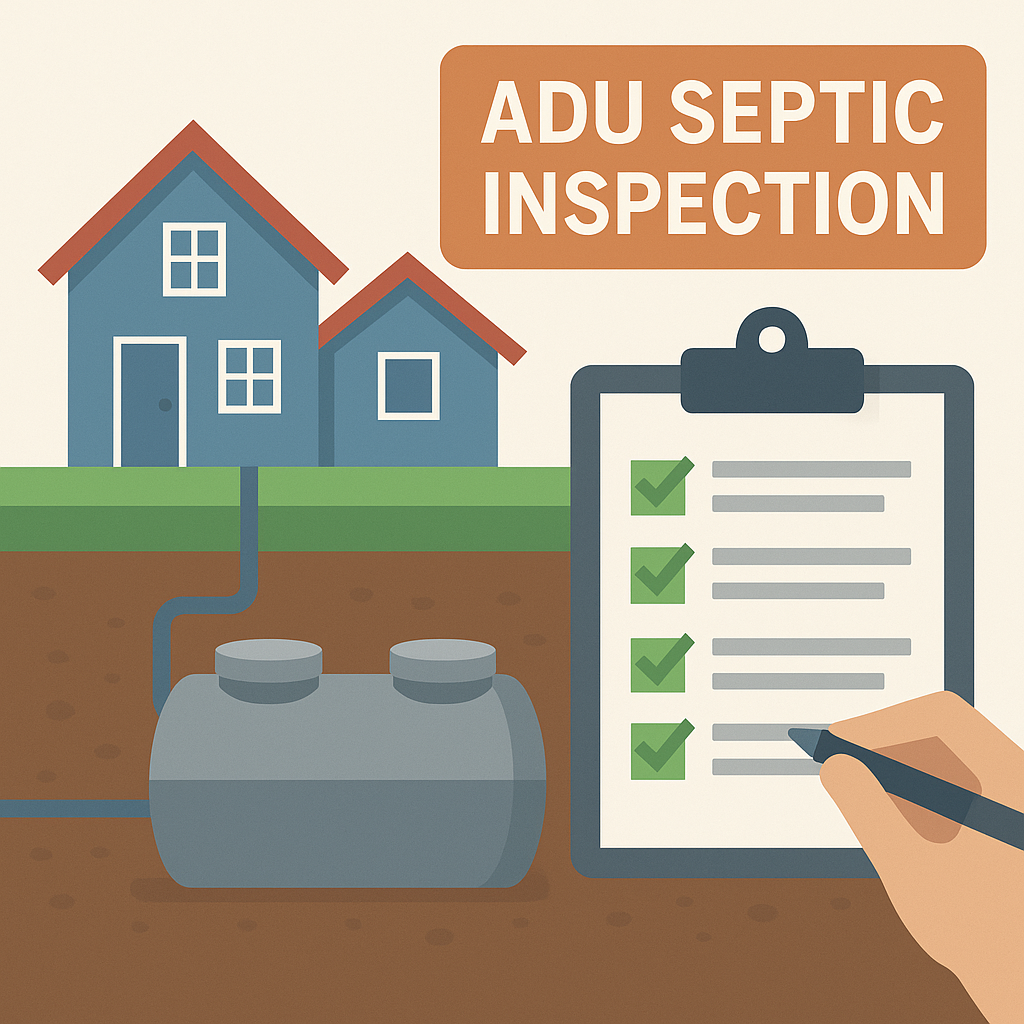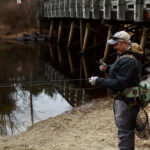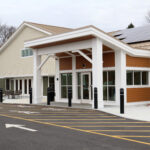On August 13, the Board of Health reviewed that adding an accessory dwelling unit (ADU) constitutes a “change in use” under Title 5, requiring a septic inspection to ensure public health and water protection.
Any ADU proposal must show the septic system can support the added bedroom; older or undersized systems may require upgrades or replacement before approval. A Title 5 inspection evaluates the total bedroom count based on the combined counts of the house and ADU.
Public Health Agent Darren MacCaughey clarified how septic capacity is based on the number of bedrooms, not bathrooms, with each case reviewed individually. Half-baths in basements are preferred to discourage conversion into bedrooms. The board discussed if deed restrictions limiting ADUs to one bedroom would prevent unreviewed conversions.
MacCaughey advised prohibiting ADUs on septic systems built under the 1978 code, which are now undersized or nonconforming, approaching the end of their lifespan, and generally cannot be expanded. For post-1995 systems, he said single-compartment tanks may need to be upgraded under Wayland’s 2022 rules. Title 5 allows expansion for an ADU if the system has a reserve area and no variance.
For multifamily use, Wayland now requires two-compartment or monolithic tanks with H20 distribution boxes (components of septic system that distribute wastewater from the septic tank evenly into the leach field). Attached ADUs are reviewed as part of a two-family system, while detached units may share a leach field. A detached unit often must add a two-compartment tank or a separate system. Adding ADU capacity typically requires leach field expansion, which is allowed only if the property can meet specific surface and groundwater proximity setbacks, and reserve area requirements.
The board also mulled whether changes to frontage or lot size could expand housing options, though Director of Public Health Julia Junghanns said those decisions are up to the Zoning Board of Appeals.
MacCaughey said leach field expansions are rare, citing only two in 27 years. The board asked staff to draft guidance and directed Junghanns to prepare an ADU septic procedure for review by town counsel.
Sushi preparation approved
The board approved a variance for China Rose to serve sushi, contingent on staff completing Aurora Consulting training and verification by Health Agent Beth Grossman.
Attorney Kensley Barrett stated that sushi will be prepared exclusively by Chef Weixiang Zhou in a dedicated area, adhering to an updated FDA HACCP plan created by Aurora Consulting. Gross-
man reported that past equipment violations have been corrected, but she will continue monitoring, with China Rose agreeing to fund extra inspections if needed.
Health director report
The Board issued a septic order at 4 Wheelock Road and a housing order at 12 Indian Road, where tenant non-cooperation has delayed inspections. Interviews are continuing for a public health nurse, with interim coverage provided by Great Meadows Regional Collaborative nurse Katie Rines. Junghanns reported new state restrictions on municipal purchases to avoid those containing PFAS, shared water filter guidance, and stated that air tests at the Council on Aging had found low-level chemicals likely originating from new construction, with consultants recommending the continuous use of the ventilation system.














